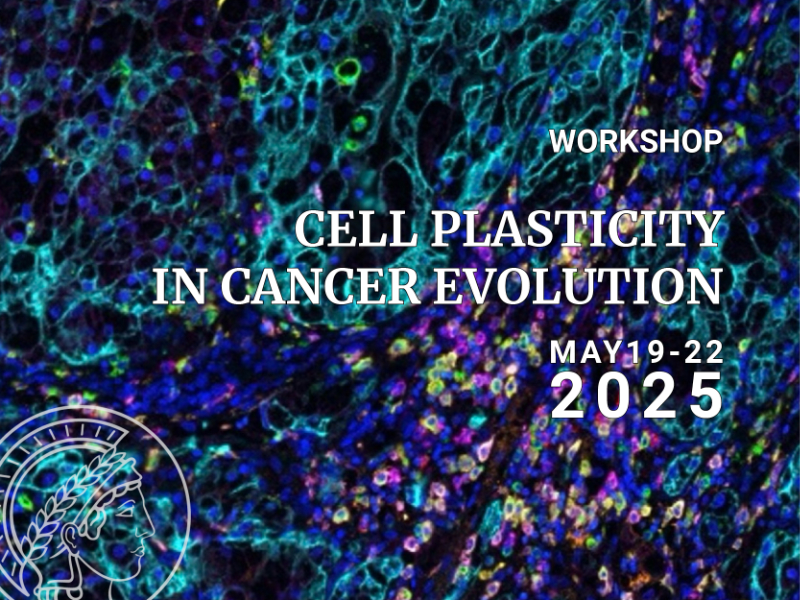Speaker
Description
Early cutaneous squamous cell carcinomas (cSCCs) generally show epithelial differentiation features and good prognosis, whereas advanced cSCCs present mesenchymal traits associated with tumor relapse, metastasis, and poor survival. The mechanisms involved in cSCC progression are unclear, and the established markers are suboptimal for accurately predicting the clinical course of the disease. Immunotherapy based on immune checkpoint inhibitors (ICIs) was recently approved for the treatment of advanced cSCCs. However, half of cSCC patients remain unresponsive or develop resistance. We show that during cSCC progression, cancer cells acquire epithelial/mesenchymal plasticity (EMP). The emergence of epithelial plastic cancer cells expressing integrin αV (ITGAV) promotes cSCC progression to a mesenchymal state. Consistently, ITGAV expression allows the identification of patients at risk of cSCC relapses above the currently employed clinical histopathological parameters. The activation of insulin-like growth factor-1 receptor (IGF1R) pathway in epithelial cancer cells is necessary to induce EMP and mesenchymal state acquisition in response to tumor microenvironment-derived factors, while promoting ITGAV expression. Likewise, ITGAV knockdown in epithelial plastic cancer cells blocks EMP, generating epithelial tumors. Finally, cancer cells change their IC ligand profile according to their features, which dictates the IC pathways involved in immune evasion. Mouse epithelial cancer cells, through the PD-1/PD-L1 pathway, and mesenchymal cancer cells, through the CTLA-4/CD80 and TIGIT/CD155 pathways, differentially block antitumor immune responses and determine the response to ICI strategies. Analysis of E-cadherin/Vimentin/CD80/CD155 proteins in cSCC, HNSCC and melanoma patient samples shows their value as predictive biomarkers of anti-PD-1 response. Collectively, our findings suggest that the selection of ICIs therapies should be based on the epithelial/mesenchymal features of cancer cells.

